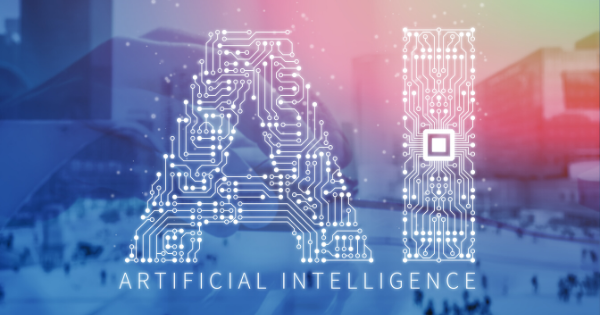
Serverless Computing – Revolutionise Application Architecture
The key to unlocking the power of serverless computing lies in implementing better practices. It’s important to start with a solid foundation, careful design and strategic choice of the Cloud provider. Are you ready to revolutionise application architecture? Let’s embark on this exciting journey together.







